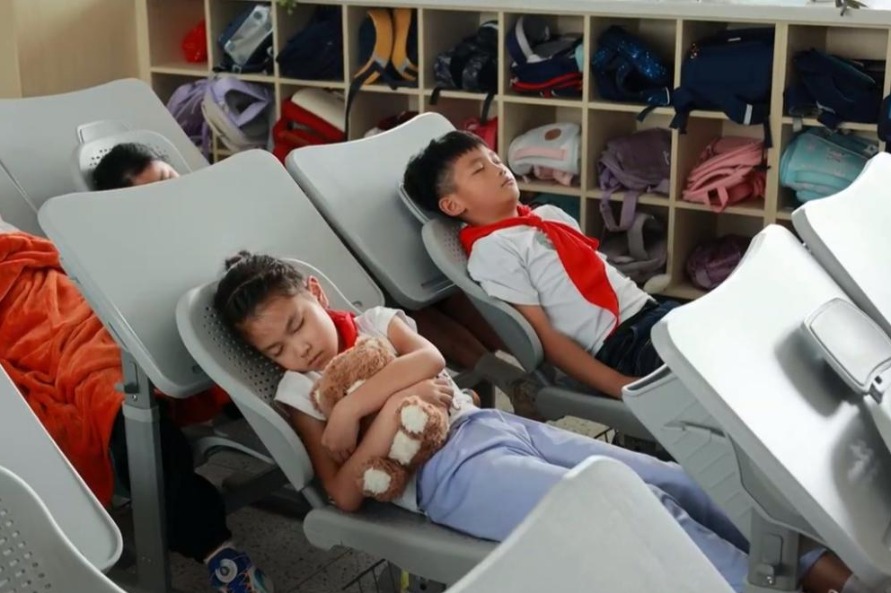Study finds virus antibodies last at least 12 months


Antibodies against the novel coronavirus can last for at least 12 months in more than 70 percent of recovered COVID-19 patients, a study published by Chinese researchers on Tuesday shows.
The finding adds to growing evidence that vaccination, which elicits an immune response in a way similar to how a live virus triggers human bodies to generate antibodies, can "effectively restrict the spread of SARS-CoV-2", the study said.
The study, published online by Nature Communications, was conducted by China National Biotech Group, a Sinopharm subsidiary, and the National Research Center for Translational Medicine at Shanghai Jiao Tong University.
Researchers collected 1,782 convalescent plasma samples from 869 recovered COVID-19 patients in Wuhan, Hubei province, within 12 months of diagnosis, and tested them for the presence and amount of RBDIgG, a type of antibody that indicates the strength of immunity against the virus.
Testing results showed that in nine months, levels of the antibody dropped to 64.3 percent of the initial level when they contracted the virus, and then stabilized into the 12th month.
"It shows that once immune responses against the novel coronavirus are induced in human bodies, antibody levels can be maintained for quite a long time," China National Biotech Group said in an article on its WeChat account on Wednesday.
The study found that the antibody response was significantly stronger in male participants than in their female counterparts in the early stages of infection, but the difference dwindled over time and nearly disappeared in 12 months.
Among participants aged 18 to 55, the older ones developed higher antibody levels, it added.
The company said the study is the longest-running research aimed at examining the persistence of antibody response in recovered COVID-19 patients.
The finding was published as mass vaccination in China proceeds smoothly, with the country stepping up vaccine donations or sales overseas.
As of Tuesday, about 1.3 billion doses of vaccines had been administered nationwide, the National Health Commission said on Wednesday.
China National Biotech Group added that the study will help improve understanding of the immunological memory elicited by the virus, and provide guidance on future research into vaccine-induced immunity and future vaccination policies in China and abroad.
- Huangyan approved as nature reserve
- Hongqiao Intl CBD facilitating companies' global ambitions
- Global Public Security Cooperation Forum to be held in Lianyungang
- Huangyan Island National Nature Reserve gets official go-ahead
- A capable assistant in classroom -- Chinese educators embrace AI
- China rolls out homegrown 9-valent HPV vaccine





































